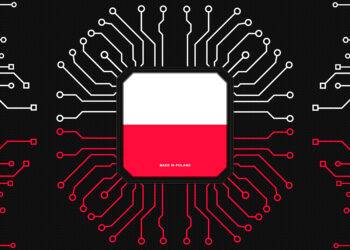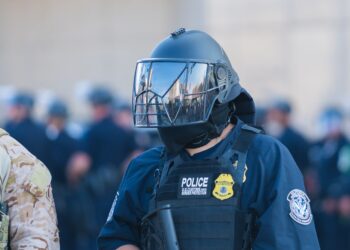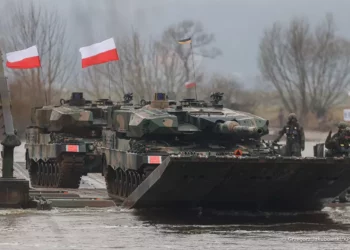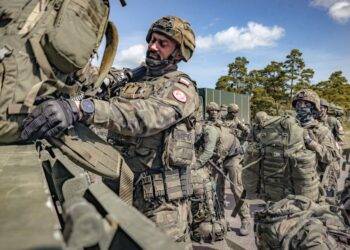The annual Warsaw Security Forum began on Tuesday, gathering top political and military leaders from Central and Eastern Europe, as well as international experts, to discuss pressing security challenges. In his opening remarks, Polish Deputy Prime Minister and Minister of Defense Władysław Kosiniak-Kamysz addressed a wide range of issues threatening Europe’s stability, from the ongoing war in Ukraine to escalating conflicts in the Middle East.
Kosiniak-Kamysz warned that the fall of an independent Ukraine would have catastrophic consequences for European security, emphasizing the need for stronger support to Kyiv. He reiterated Poland’s position that Ukraine must be provided with long-term security guarantees and called for its eventual integration into NATO. “The unimaginable impact of Ukraine’s fall would directly affect all of Europe,” Kosiniak-Kamysz stated, adding that only by providing comprehensive military and political backing could Ukraine maintain its sovereignty.
The conference, which spans two days, also includes participation from President Andrzej Duda, alongside international policymakers, military officials, and security experts. The event, organized annually by the Casimir Pulaski Foundation, is designed to foster dialogue on defense and security matters, with a particular focus on Central and Eastern Europe.
Security on the Polish-Belarusian Border
During his speech, Kosiniak-Kamysz highlighted Poland’s efforts to secure its border with Belarus, a key frontier between NATO, the European Union, and the Russian sphere of influence. The minister emphasized that this border is not just a national security issue but also a critical line of defense for the EU and NATO. Belarus, a close ally of Russia, has been a flashpoint in the region due to its role in supporting Moscow’s military operations and destabilizing efforts in Eastern Europe.
Poland’s defense strategy, according to Kosiniak-Kamysz, focuses on strengthening its military presence along this border, including deploying more troops and enhancing surveillance and border control measures. These efforts, he said, are aimed at preventing the spillover of conflict and halting illegal migration used as a tool of hybrid warfare.
“We must ensure that Poland’s borders remain secure, not just for us but for the entire NATO alliance. Our soldiers and security services are on the front lines, ensuring that threats are kept at bay,” Kosiniak-Kamysz said.
Middle East Tensions and Global Defense Cooperation
Kosiniak-Kamysz also touched on the growing instability in the Middle East, referencing the ongoing Israeli operation in Lebanon. He stressed that the spread of conflict in that region could have serious ramifications for global security. He warned that Europe cannot afford to ignore crises beyond its immediate borders, as these conflicts often have a ripple effect that reaches European shores, particularly in terms of terrorism and mass migration.
To mitigate these risks, Kosiniak-Kamysz urged greater cooperation between NATO and the European Union, calling for both institutions to step up their activities in areas such as intelligence sharing, counterterrorism, and regional stability efforts. “The European Union must take on a greater role in security and defense, working alongside NATO to ensure our collective safety,” he said.
Broad Participation at the Forum
This year’s Warsaw Security Forum brings together a broad spectrum of policymakers and security professionals. In addition to President Duda and Defense Minister Kosiniak-Kamysz, other notable attendees include Speaker of the Sejm Szymon Hołownia, Head of the National Security Bureau Jacek Siewiera, and Chief of the Polish General Staff General Wiesław Kukuła.
International representatives include military leaders and politicians from the United States and across Europe, underscoring the importance of Poland’s role as a key player in NATO’s eastern flank. The conference’s discussions focus on enhancing regional cooperation, bolstering military capabilities, and addressing the challenges posed by non-traditional threats like cyberattacks and disinformation campaigns.
The Warsaw Security Forum continues to be a crucial platform for discussing defense issues, particularly in light of the Russian invasion of Ukraine, which has reshaped the security dynamics in Europe. As Central and Eastern European nations continue to confront threats on their borders, events like the Warsaw Security Forum serve as vital opportunities for collaboration and planning in an increasingly volatile world.


















